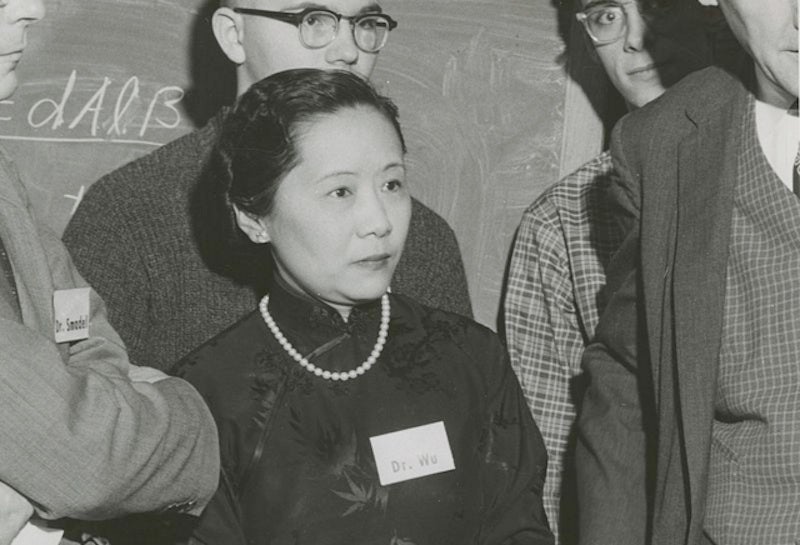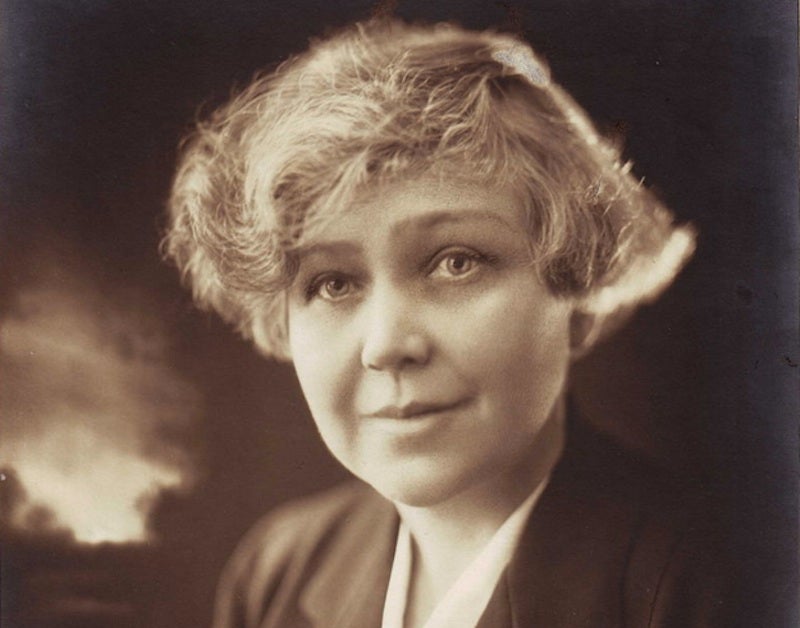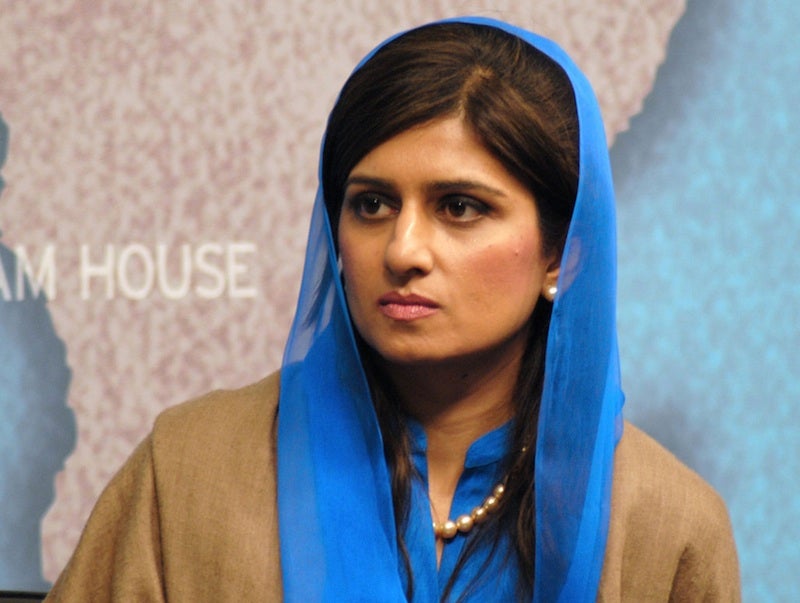Biologist Responds to Sexual Harassment by Writing Wikipedia Articles About Women in Science
A Biologist Is Writing a Wikipedia Article About a Woman Scientist For Every Harassing Email She Gets
You probably won’t be shocked to read that she has written a whole bunch. Emily Temple-Wood is an undergrad at Loyola University who will be heading to medical school in the fall. Online harassment wasn’t her original impetus when she began WikiProject Women Scientists in 2012, but it’s fueling the tank now.
Wikimedia Blog reports Temple-Wood’s first entry was also powered by rage, when she realized few of the female members of the Royal Society (science’s cool club) had a Wikipedia page. She says, “I got [angry] and wrote an article that night … I literally sat in the hallway in the dorm until 2am writing [my] first women in science article.”
As the popularity of the project grew, so did the harassment Temple-Wood experienced:
Unfortunately, Temple-Wood has been targeted by a significant amount of harassment based on her gender. Throwaway email addresses frequently send her requests for dates, condescendingly discuss her body, insinuate that she got to where she is through sexual favors, ask her to reserve those favors for themselves, and when she doesn’t reply, they spew profanities.
This is not uncommon for prominent young women on the Internet, but Temple-Wood is fighting back in her own way by using it as motivation to continue her quest. For every harassing email she receives, Temple-Wood and a growing number of fellow Wikipedians are quietly creating a new biography on a women scientist, such as Liliana Lubinska, Katharine Luomala, or Adelaida Lukanina.
The project now has 76 members working on getting the word out about women who have changed the world through their work. There are hundreds and hundreds of articles, but here are a few randomly chosen ladies for a sampling:
Chien-Shiung Wu

Chien-Shiung Wu (simplified Chinese: 吴健雄; traditional Chinese: 吳健雄; pinyin: Wú Jiànxióng, May 31, 1912 - February 16, 1997) was a Chinese American experimental physicist who made significant contributions in the field of nuclear physics. Wu worked on the Manhattan Project, where she helped develop the process for separating uranium metal into uranium-235 and uranium-238isotopes by gaseous diffusion. She is best known for conducting the Wu experiment, which contradicted the hypothetical law of conservation of parity. This discovery resulted in her colleagues Tsung-Dao Lee and Chen-Ning Yang winning the 1957 Nobel Prize in physics, and also earned Wu the inaugural Wolf Prize in Physics in 1978.
Helen Mayo

Helen Mary Mayo, OBE (1 October 1878 - 13 November 1967) was an Australian medical doctor and medical educator, born and raised in Adelaide. In 1896, she enrolled at the University of Adelaide, where she studied medicine. After graduating, Mayo spent two years working in infant health in England, Ireland and India. She returned to Adelaide in 1906, starting a private practice and taking up positions at the Adelaide Children’s Hospital and Adelaide Hospital. In 1909, she co-founded the School for Mothers, where mothers could receive advice on infant health. This organisation, which became the Mothers’ and Babies’ Health Association in 1927, eventually established branches across South Australia and incorporated a training school for maternal nurses.
Hina Rabbani Khar

Hina Rabbani Khar (Urdu: حنا ربانی کھر; born 19 November 1977)[3] is a Pakistani stateswoman who served as the 26th Foreign Minister of Pakistan between February 2011 till March 2013 - the youngest person and the first woman to hold the position.[4]
And if you want to get sucked further into the Wikipedia wormhole, there are many, many more here.
Source.
Wikimedia Blog Post.
Women Scientists wiki project home page.
You probably won’t be shocked to read that she has written a whole bunch. Emily Temple-Wood is an undergrad at Loyola University who will be heading to medical school in the fall. Online harassment wasn’t her original impetus when she began WikiProject Women Scientists in 2012, but it’s fueling the tank now.
Wikimedia Blog reports Temple-Wood’s first entry was also powered by rage, when she realized few of the female members of the Royal Society (science’s cool club) had a Wikipedia page. She says, “I got [angry] and wrote an article that night … I literally sat in the hallway in the dorm until 2am writing [my] first women in science article.”
As the popularity of the project grew, so did the harassment Temple-Wood experienced:
Unfortunately, Temple-Wood has been targeted by a significant amount of harassment based on her gender. Throwaway email addresses frequently send her requests for dates, condescendingly discuss her body, insinuate that she got to where she is through sexual favors, ask her to reserve those favors for themselves, and when she doesn’t reply, they spew profanities.
This is not uncommon for prominent young women on the Internet, but Temple-Wood is fighting back in her own way by using it as motivation to continue her quest. For every harassing email she receives, Temple-Wood and a growing number of fellow Wikipedians are quietly creating a new biography on a women scientist, such as Liliana Lubinska, Katharine Luomala, or Adelaida Lukanina.
The project now has 76 members working on getting the word out about women who have changed the world through their work. There are hundreds and hundreds of articles, but here are a few randomly chosen ladies for a sampling:
Chien-Shiung Wu

Chien-Shiung Wu (simplified Chinese: 吴健雄; traditional Chinese: 吳健雄; pinyin: Wú Jiànxióng, May 31, 1912 - February 16, 1997) was a Chinese American experimental physicist who made significant contributions in the field of nuclear physics. Wu worked on the Manhattan Project, where she helped develop the process for separating uranium metal into uranium-235 and uranium-238isotopes by gaseous diffusion. She is best known for conducting the Wu experiment, which contradicted the hypothetical law of conservation of parity. This discovery resulted in her colleagues Tsung-Dao Lee and Chen-Ning Yang winning the 1957 Nobel Prize in physics, and also earned Wu the inaugural Wolf Prize in Physics in 1978.
Helen Mayo

Helen Mary Mayo, OBE (1 October 1878 - 13 November 1967) was an Australian medical doctor and medical educator, born and raised in Adelaide. In 1896, she enrolled at the University of Adelaide, where she studied medicine. After graduating, Mayo spent two years working in infant health in England, Ireland and India. She returned to Adelaide in 1906, starting a private practice and taking up positions at the Adelaide Children’s Hospital and Adelaide Hospital. In 1909, she co-founded the School for Mothers, where mothers could receive advice on infant health. This organisation, which became the Mothers’ and Babies’ Health Association in 1927, eventually established branches across South Australia and incorporated a training school for maternal nurses.
Hina Rabbani Khar

Hina Rabbani Khar (Urdu: حنا ربانی کھر; born 19 November 1977)[3] is a Pakistani stateswoman who served as the 26th Foreign Minister of Pakistan between February 2011 till March 2013 - the youngest person and the first woman to hold the position.[4]
And if you want to get sucked further into the Wikipedia wormhole, there are many, many more here.
Source.
Wikimedia Blog Post.
Women Scientists wiki project home page.